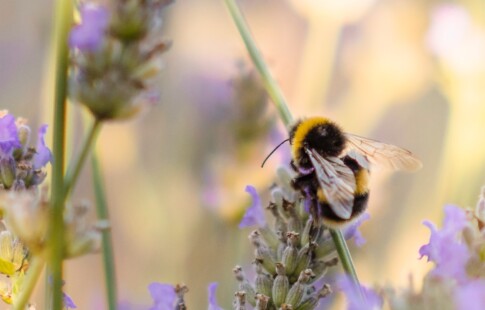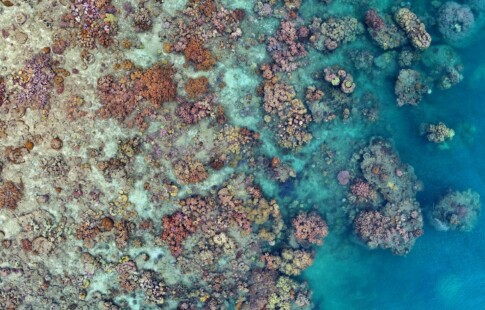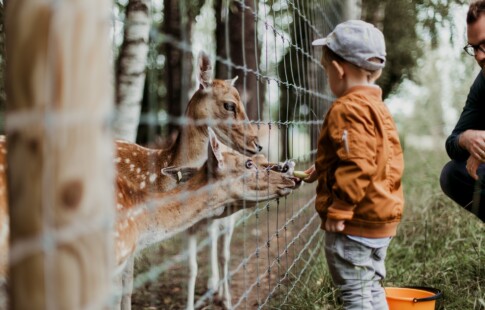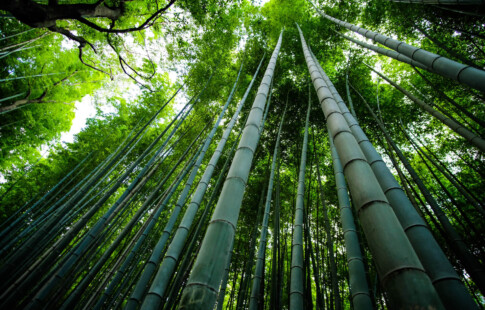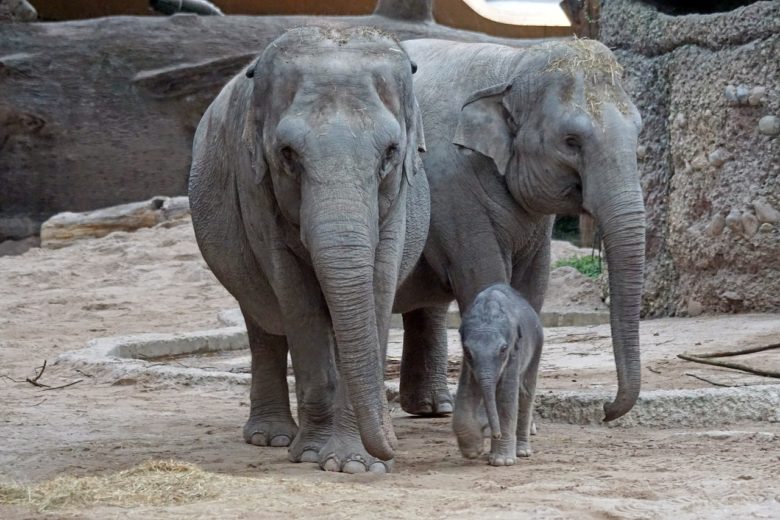
Why Are Elephants So Heavily Poached?
We are reader-supported. When you buy through links on our site, we may earn affiliate commission.
Elephants are massive creatures, known for their nubile trunks and astonishing ivory tusks. Most species of elephant are also endangered, thanks in no small part to the actions of hunters and poachers. Surprisingly, it’s not the tusks that these poachers are after anymore. Why, then, are elephants still being so heavily poached, and what can we do to protect these majestic giants?
It’s Not About Ivory Anymore
While elephant ivory is still a coveted resource, it isn’t as lucrative as it used to be for poachers. In 2016, to try to slow the impact of wildlife poaching, the United States adopted an almost uniform ban on elephant ivory. The only exception to this ban was for heirloom pieces — ivory that is both old and lawfully imported — and trophy hunters, who had their haul limited to two trophy imports per year. Some states have even banned the sale of ivory altogether, even in antique or heirloom pieces.
China, however, the world’s other primary consumer of ivory, has made no such moves to try to restrict the trade of ivory that has been obtained illegally. Either way, bans don’t seem to deter poachers much. More than 100,000 African elephants have been killed in the last three years alone, but a disturbing new trend shows that even though they might not be selling ivory, these poachers are still making a living off their illegal slaughter of elephants.
A Heartbreaking Discovery
A team at the Smithsonian Conservation Biology Institute was studying Asian elephants in Myanmar when they discovered the newest, and probably the most disturbing, trend in the history of elephant poaching. Several Asian elephants were fitted with tracking collars to allow the researchers to track the movement of the elephants to prevent human activities from conflicting with the creature’s natural habitats. The collars were designed to fall off after three to five years, but within a couple of weeks, the collared elephants started dying off. Of the 19 elephants that were equipped with collars, seven had been poached within the span of a year. The researchers headed to Myanmar to find out what had happened — and they were shocked with what they found.
Not only were elephants killed, but they were also skinned and butchered for their meat, often with their feet and ears removed. Asian elephants hadn’t been under as much of a threat for poaching since only some males grow tusks. Females and calves were generally spared. In African elephants, both genders grow large tusks, making them targets for ivory poachers.
Researchers are concerned that this poaching of Asian elephants could potentially drive the local breeding population to extinction. If elephants are being targeted for their skin, it means all elephants — including females and calves — are in danger. The team’s goal has changed. Instead of just tracking elephant movements, they are now trying to figure out where they’re being poached and when, so they can start taking steps to protect the remaining elephant population.
A Change of Perspective on Why Are Elephants so Heavily Poached
This new poaching trend is both shocking and disheartening, and it says a lot about how we, as humans, treat the world around us. While the average person won’t go out and poach an elephant or mistreat another animal, there are far too many people who are willing to take that step and kill an animal for fun or profit.
Thankfully, as the reaction to this heartbreaking development shows, we are getting less tolerant of animal cruelty. People who torment or harm animals on social media are now being tracked down and arrested rather than allowed to continue. It’s this sort of behavioral shift we need to help prevent the tragic poaching that is happening in Africa and now across Asia
These animals are such an integral part of our world, especially as a keystone species that helps sustain the grass other species depend on, that we can’t afford to allow them to be hunted into extinction — just because some rich tycoon wants a pair of elephant tusks for his wall.
We may be at the top of the food chain, but that is no excuse for treating these animals like they are an endlessly renewable resource we can exploit. Both African and Asian elephants are threatened by poaching and illegal hunting. It’s up to us, as a species, to decide that profit and greed are no longer worth the possible extinction of these gentle giants.
Share on
Like what you read? Join other Environment.co readers!
Get the latest updates on our planet by subscribing to the Environment.co newsletter!
About the author
Jane Marsh
Starting from an early age, Jane Marsh loved all animals and became a budding environmentalist. Now, Jane works as the Editor-in-Chief of Environment.co where she covers topics related to climate policy, renewable energy, the food industry, and more.
